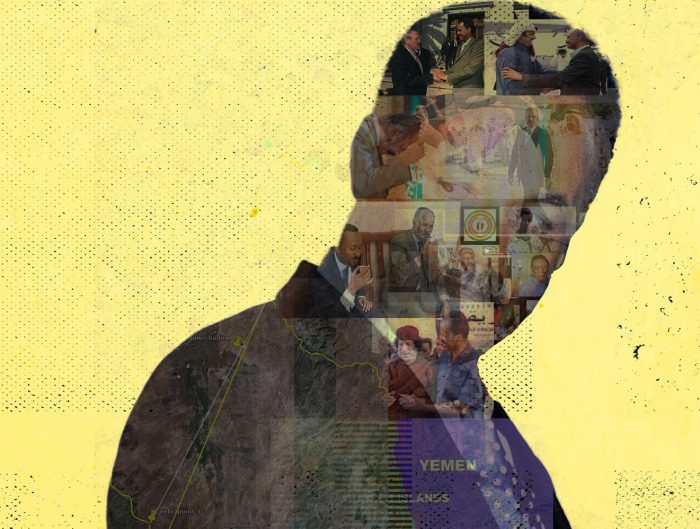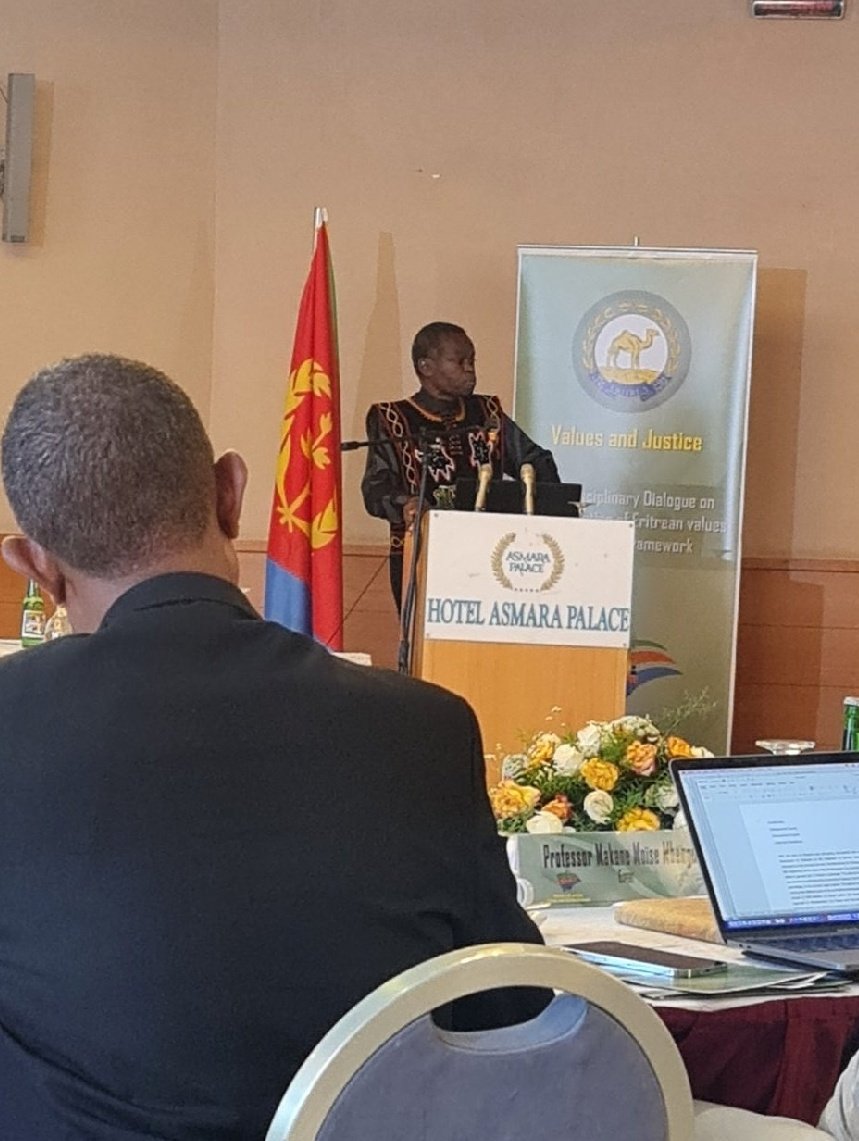In February, a “patriotic” Eritrean watching news of the anniversary of Operation Fenkel, the day Eritrean fighters evicted the Ethiopian army from the port city of Massawa, also heard rumors of the death of Haile “Derue” Woldentensae. Because Eritrea is such an abnormal country, said Eritrean didn’t ask why there are people like Haile Woldensae, in prison without charges, for 16 plus years which is more than half the length of the revolutionary war for independence. That Haile’s son is named “Fenkel” and that he, like many youth of his generation, has been exiled is not even worth pausing over. Some people were made to disappear, and “our government” must have a very good reason for that, goes the strained reasoning, so no questions need to be asked. This is what I have in mind when I often say that my goal for Eritrea is to be an average African basket case and people think I am unambitious but, no, I am very ambitious: Eritrea is so badly governed and its fundamentals so broken that even if it was to be governed as badly as any African basket case it would be a huge improvement for its people.
Thanks to PFDJ, Eritrea has become the theater of the absurd. In the never-ending recriminations–well, don’t you know, Haile Derue had a hand in disappearing the so-called MenkaE movement, the original G-15 demanding reform–everything is beyond our hand. Since we can’t undo things, we can’t do things. It is God and his viceroy (Isaias Afwerki) righting the scales of justice. So, we are all just supposed to accept that in this blood-drenched country everybody is guilty, and everything is damned, and the only reaction is to shrug and mumble: “oh, well, there are so many things I don’t know.”
How abnormal is Eritrea now?
1. There are many “patriotic” Eritreans who will grieve for the injustice in the world but particularly in Ethiopia (The Weyane rigged the system! The Oromo are oppressed!) or Somalia (the Weyane broke the country! The Somalis are our brothers!) that they forget Eritrea doesn’t even have a system to rig or an election to steal or press to tell us about it: it is a one-man show;
2. In a country without a constitution and no update on when there will ever be constitutionalism, the people are told to be grateful that at least they are not Somalia or Yemen;
3. Families of Eritrean youth whose children are in indefinite service do not complain that their children are in indefinite service. They complain to one another that so-and-so got two weeks of authorized leave of absence and their child didn’t;
4. Families of the imprisoned do not demand that their loved ones be brought to a court of law or released; no, they ask if the government will allow them to bring the prisoner home-made food and maybe blankets;
5. Businessmen do not complain that their money has been confiscated and is being doled out in stipends. Rather, they are grateful that their Diaspora families now have legal means (controlled by the Housing Bank) to send them money;
6. Some of the youth who traveled deserts and high seas and endured hell are not willing to find ways to make the lives of the people they left behind easier by disempowering their torturers; nope: they are willing to sign Remorse Letters where they beg forgiveness of the government, and give their pledge that they are ready to accept whatever punishment the government sees fit;
7. The struggle to liberate the entire Eritrean land and people took 30 years (1961-1991) and constant changes in tactics and strategies. The struggle to liberate Badme and environs has taken 16 years (2002-2018) and there is no discussion of changes in tactics or strategies. There is no calibration and the government keeps firing its diplomatic stud missiles and missing badly.
8. Eritrea imprisons underage children. It buses them secretly, and it keeps them in secret detention centers. Underage children.
9. Eritrea has no census–its population ranges between 4 million and 7 million. Still, the government talks about Millenium Development Goals, Sustainable Development Goals, social services: how can you know if you are providing adequate service to your people if you don’t even know the population of your people? What makes it abnormal is that nobody even asks how many of us are there: not the government, not its supporters, nor the opposition.
10. In all the revolving door of Eritrea’s senior officials, the following have held the same position for decades: Isaias Afwerki (president); Wedi Kassa (National Security), Simon Gebredengel (National Security), Yemane Gebreab (Political Honcho), Yemane Gebremeskel (Chief of Staff), Hagos Kisha (Finance), and Tesfaldet (Isaias’s general.) These same people talk about the importance of introducing “new blood” and reform to every department in Eritrea, blood and reform they are personally immune to.
Moved by the dignified life and death of Musa Mohammednur, the poet Ali Hmeid Mohammed had this to say (in Tigrayit)
ፎእ ጋእካ ሸባብ ኤረትረያ: ፎእ ጋእካ
ሸባብ ኤረትረያ
እስሌማይ ወክስቴናይ –
ደበንካ ዲብ ዓለም ኩሉ ጤና:
ይልትረሳዕ ላ ናይ ሸሂድ ፊና::
ቅነጽ ሕጸቡ ምንካ እሊ ዓር:
ዓድ ንኣፍግሮ ህግደፍ እብ ሓባር::
The cutting part is: “Eritrean youth, Muslim and Christian, your stench has engulfed the world!” This is remarkable given that Eritreans spent the last 50 years paying tribute to how great they are: land of the brave and fearless capable of overcoming huge odds. But now, in what is perhaps the most abnormal reality of Eritrea: a country where the old people fight back and the youth flee to demand their rights in foreign lands. A country whose foreign occupiers treated its people better than its homegrown despots.
It will take time, but the process of normalization, the process of rejecting the abnormal, the strange, the sadist, the indecent, must start without delay. And to do that: we must recognize that what we have now is deformed and abnormal government.





Leave A Reply